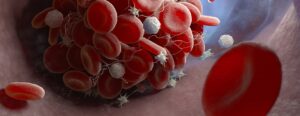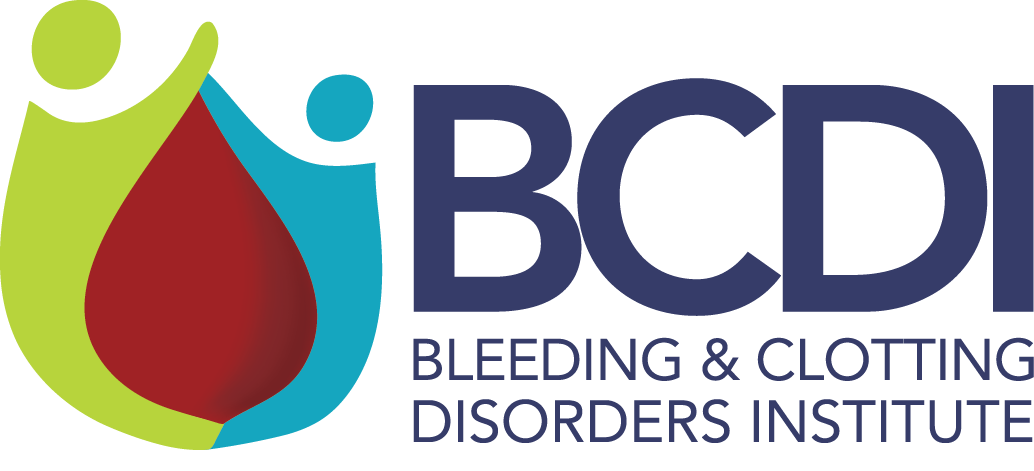 With September being an important time at BCDI with Immune Thrombocytopenia Purpura (ITP) Awareness Month, the BCDI team has some steps you can take to help minimize some of the most common challenges ITP presents and help improve your overall quality of life.
With September being an important time at BCDI with Immune Thrombocytopenia Purpura (ITP) Awareness Month, the BCDI team has some steps you can take to help minimize some of the most common challenges ITP presents and help improve your overall quality of life.
ITP is a bleeding disorder characterized by a low amount of platelets in the blood. Platelets are needed for proper clotting of the blood. In patients with ITP, their immune system creates antibodies that mark healthy platelets as “foreign substances” and then mistakenly attack and destroy them. As an autoimmune disease that results in the destruction of platelets, patients with ITP tend to bleed or bruise easily.
When you have ITP, feeling better is often the result of many small lifestyle changes that can lead to a major improvement. Here are some tips for staying on top of your overall health, especially for persons with ITP:
- Many people with autoimmune diseases, like ITP, feel tired and tend to have low energy. There are several reasons why those with ITP may experience fatigue, including iron deficiency. Ways you can boost your overall energy include:
- Aim to make your diet a majority healthy foods: lean protein, whole grain carbohydrates, low fat dairy products, fruits and vegetables.
- Limit the portion sizes and frequency of desserts, salty snacks, sugary drinks and fast food.
- Drink plenty of water, which may need to be increased after exercise, during illness or with hot weather.
- Rest your body by getting at least seven hours of sleep at night.
- Uncontrolled bleeding is a possibility with ITP. Being prepared for a spontaneous bleed is one of the most imperative steps you can take to help reduce bleeds.
- Carry medications to help prevent and reduce bleeds.
- Keep a nosebleed treatment kit on hand. During your next visit to BCDI, ask your nurse for a nosebleed awareness kit, which includes hypertonic saline spray, adhesive bandages, a nose clamp and an informational nosebleed magnet.
- Overall health tips include, but not limited to:
- Reduce Stress.
- Exercise- good examples would be swimming, stationary cycling or yoga.
- Avoid medications that can interfere with platelets function.
